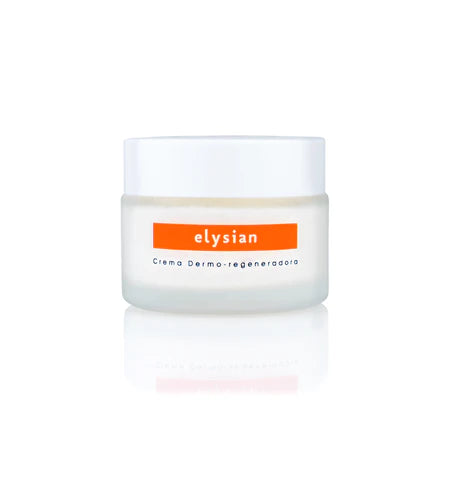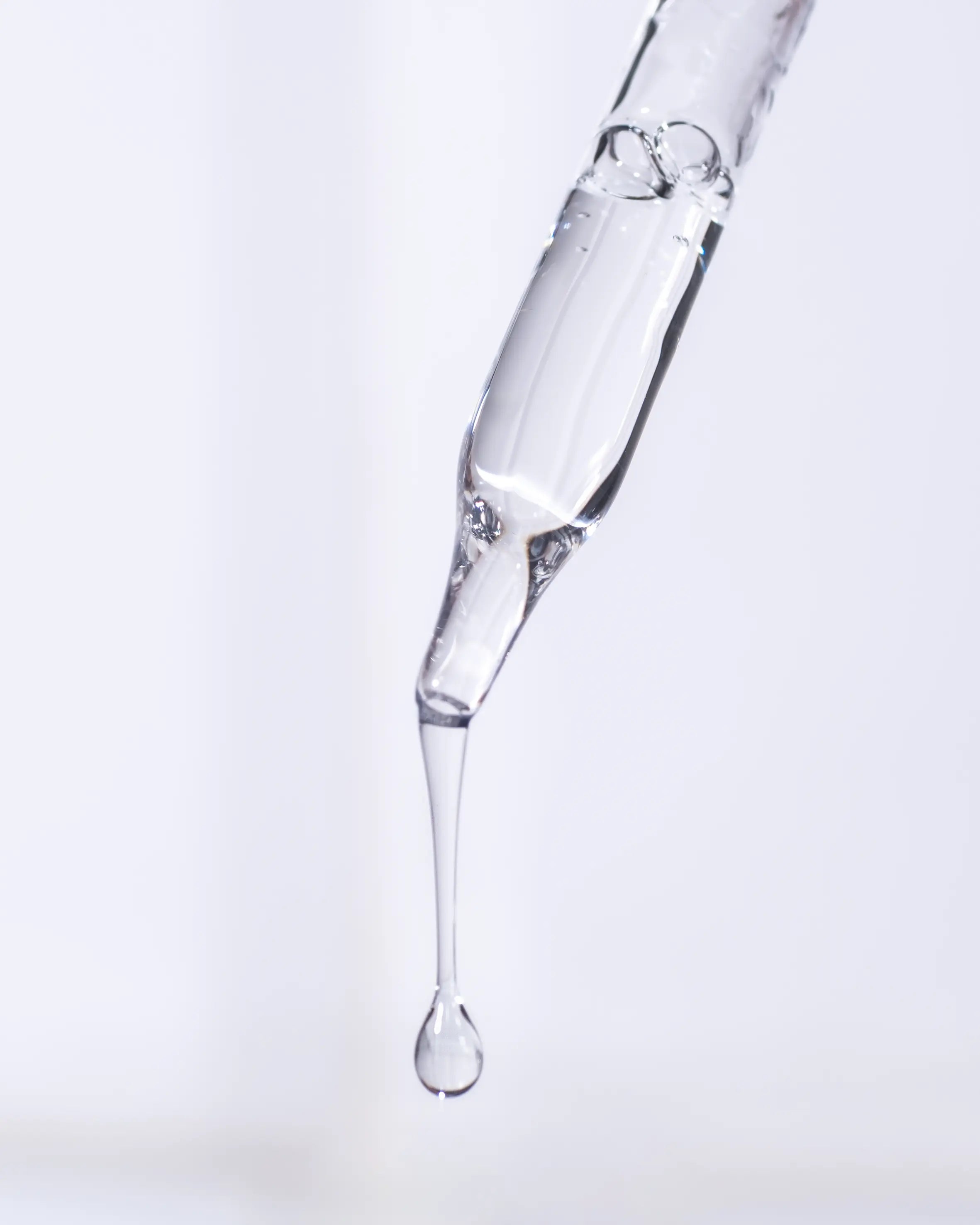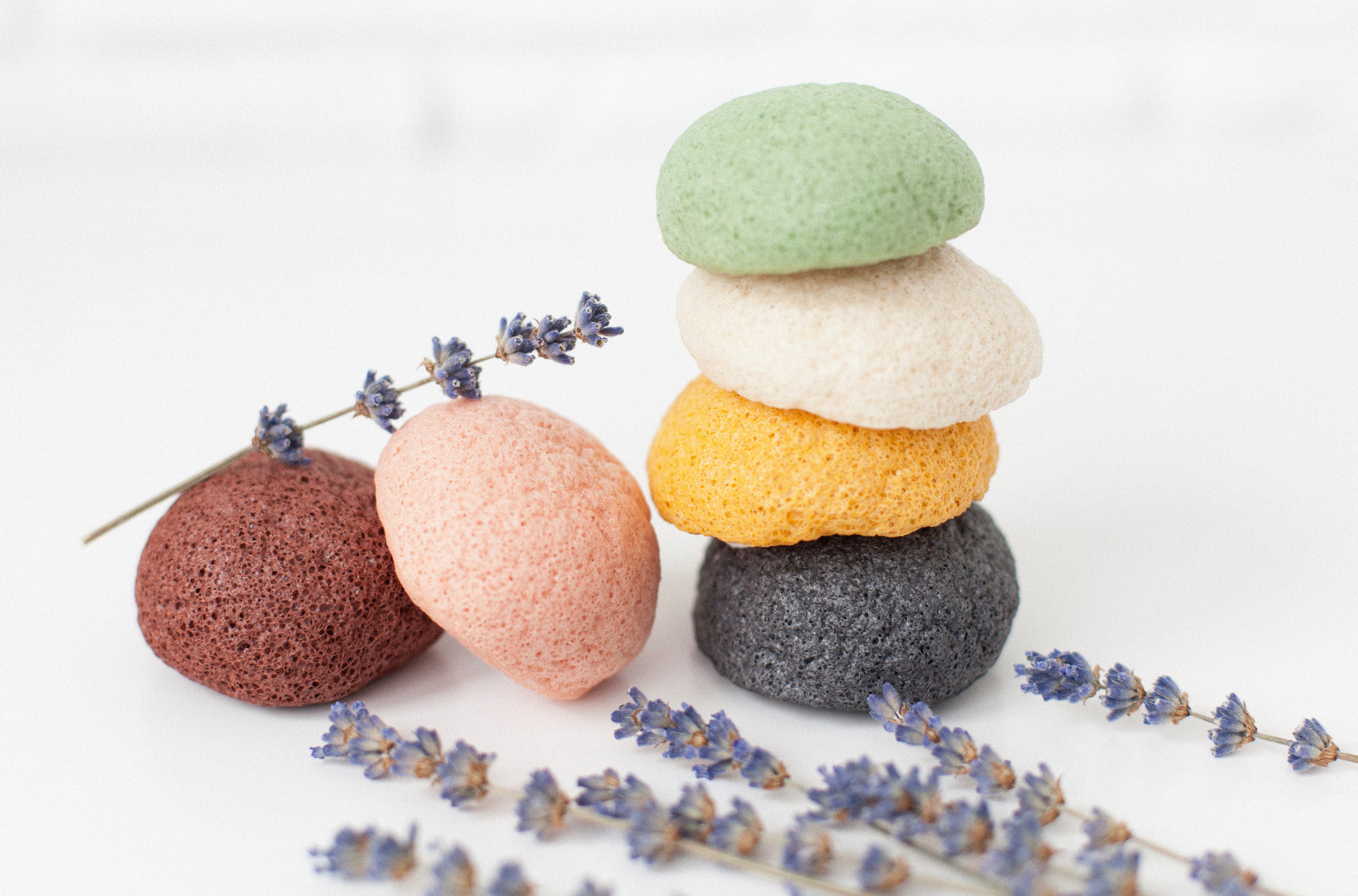
How to Adjust Your Skincare in Summer — Summer Skincare Routine

As the summer season unfolds, bringing with it longer days and warmer nights, our skin faces new challenges. The increase in temperatures and humidity, along with extended exposure to the sun's rays, requires us to adapt our skincare routine to protect and nurture our skin. This article is designed to guide you through these adjustments. We'll explore the essential steps to keep your skin healthy and vibrant during the summer months. From choosing the right SPF to the importance of hydration, we'll cover the core elements of a summer skincare routine, including tips on managing acne flare-ups and soothing sunburn. Whether you're spending your days at the beach or in the city, this guide will help you enjoy the season to its fullest while maintaining radiant, healthy skin.
Table of Contents
- Understanding Your Summer Skin
- Core Elements of a Summer Skincare Routine
- Sun Protection
- Choosing the Right Sunscreen
- Effective Application: More Is More
- Personal Preference and Accessibility
- Beyond Sunscreen: Additional Layers of Protection
- Cleansing and Exfoliation
- Navigating Summer Skin Challenges with Exfoliation
- Choosing the Right Products
- Exfoliation Dos and Don'ts
- Hydration and Moisturization
- Antioxidants and Skin Repair: Shielding and Revitalizing Your Skin
- Understanding the Antioxidant Shield
- Key Antioxidants for Sun Protection and Repair
- Incorporating Antioxidants into Your Skincare Routine
- Special Considerations for Summer Skincare
Understanding Your Summer Skin
As the summer season sets in, our skin is exposed to a set of unique challenges that can significantly affect its health and appearance. One of the primary concerns during these warmer months is dehydration. Despite seemingly counterintuitive due to increased water activities like swimming, our skin tends to lose moisture. This loss is exacerbated by the drastic temperature changes between cool, air-conditioned indoor environments and the hot outdoor air, along with the drying effects of chlorine and saltwater from pools and oceans.
Another aspect of summer skin woes is the increased production of oil. The rise in temperatures and humidity can lead to a boost in sebum (oil) production by the skin's glands. This natural response aims to protect the skin from drying out but can often result in a shiny complexion and contribute to the development of blemishes, including acne.
But the most pressing issue brought about by summer is the enhanced exposure to UV radiation. The longer daylight hours and stronger sun rays increase the risk of immediate skin damage, such as sunburn, redness, and irritation. Over time, this exposure can accelerate skin aging, leading to signs such as wrinkles and age spots, and raise the potential for serious health concerns like skin cancer. These effects underline the importance of understanding and preparing our skin for the summer months ahead.

Core Elements of a Summer Skincare Routine
Sun Protection
When it comes to sunny days, prioritizing sun protection is paramount. Embracing sunscreen as a daily essential, not just for beach days, can profoundly impact your skin's health and appearance.
Choosing the Right Sunscreen
Dermatologists emphasize the significance of selecting a sunscreen that ensures broad-spectrum coverage, guarding against both UVA and UVB rays, which are known contributors to skin cancer and premature aging. A minimum SPF of 30 is recommended, striking an effective balance between protection and practicality. While SPF 15 offers a baseline defense, upgrading to SPF 30 provides a notable enhancement in blocking harmful rays—beyond SPF 30, the increase in protection becomes marginal. We recommend Remedios del Bosque’s Sunscreen SPF 30+ with organic Hyaluronic Acid which hydrates, moisturizes, and nourishes the skin while protecting from UVA and UVB rays.

Effective Application: More Is More
For adequate protection, liberal application is key. Dermatologists advise applying a shot glass-sized amount of sunscreen to cover the body and reapplying every two hours, especially after swimming or sweating. Special attention should be paid to often-neglected areas like the lips, which are susceptible to sun damage and skin cancer. Products specifically formulated for lip protection, with an SPF of at least 30, are crucial for comprehensive sun care.
Personal Preference and Accessibility
The plethora of sunscreen options means there's a formulation for everyone, whether you prefer the lightweight feel of chemical sunscreens or the physical barrier provided by mineral-based options containing zinc oxide and titanium dioxide. Ultimately, the best sunscreen is the one you'll use consistently.
Beyond Sunscreen: Additional Layers of Protection
While sunscreen plays a critical role in sun protection, additional measures can further shield the skin. Clothing with UV protection, wide-brimmed hats, and seeking shade during peak sun hours contribute to a well-rounded defense strategy against UV exposure.
Cleansing and Exfoliation
Summer brings with it a natural increase in sweat and oil production, making an effective cleansing and exfoliation routine crucial for maintaining clear skin. As we navigate through the warmer months, adjusting how we cleanse and exfoliate can make a significant difference in our skin's health and appearance.
Navigating Summer Skin Challenges with Exfoliation
While sunscreen acts as a vital shield against harmful UV rays, and sweating helps our bodies regulate temperature, these factors can contribute to pore congestion. Exfoliation emerges as a key step in tackling this issue, assisting in the removal of accumulated debris, such as sweat, sunscreen, and excess oils, thus preventing blemishes and keeping pores clear.
While exfoliation is crucial, it's important to avoid overdoing it. Over-exfoliation can strip the skin of its natural oils, leading to dryness, irritation, and a "windburned" appearance. The recommendation is to exfoliate gently, limiting this practice to once or twice a week, especially during summer months when the skin might be more vulnerable due to increased outdoor activity.
Choosing the Right Products
Selecting gentle exfoliating products is essential to avoid aggravating the skin. Options like the Elysian Volcanic Clay Mask are formulated to be gentle yet effective in sloughing away dead skin cells without causing damage. Adhering to a once or twice a week regimen is advised to maintain the skin's health without over-stressing it.

Exfoliation Dos and Don'ts
It's particularly important to avoid exfoliating when the skin is sunburned, as it needs time to heal naturally without the added stress of exfoliation. Allowing the skin to recover, free from additional irritants, ensures that it can return to its healthy state without unnecessary complications.
Hydration and Moisturization
Maintaining hydration and moisturization is equally important in the summer, despite the common belief that the air is less dry compared to winter. The reality is, summer doesn't exempt your skin from drying out.
Choosing the Right Moisturizer
In the heat, a thick moisturizer might feel overwhelming. The goal is to switch to something lighter that won't feel heavy on your skin. A simple test to determine the lightness of a moisturizer is its consistency—think of it as similar to the fluidity of runny ketchup. The lighter the texture, the more suited it is for summer use. It's a good idea to try out a few different moisturizers.
Experts suggest opting for moisturizers that incorporate SPF as an added benefit, providing some protection against the sun's harmful rays. However, it's important to remember that a moisturizer with SPF is not a substitute for sunscreen. For adequate sun protection, you need a product with at least SPF 30 and reapplication every two hours when exposed to direct sunlight.
Product Recommendations
For those seeking a suitable product to enhance their summer skincare routine, Punto Suave’s Elysian Dermo-Regenerating Cream stands out as an exemplary choice. This best-selling moisturizer is crafted to address a variety of skin concerns that are often exacerbated during the summer, such as dark spots, uneven skin tone, and the appearance of pores, without the heavy feel of traditional creams. Its natural formula is adept at improving skin texture, offering a solution for wrinkles, freckles, sun spots, and acne scars, while also managing oiliness and providing a uniform skin tone.

Antioxidants and Skin Repair: Shielding and Revitalizing Your Skin
Antioxidants play a pivotal role in our skin's defense against the harmful effects of UV radiation, acting as a protective and restorative force. These powerful molecules work by neutralizing harmful free radicals, which are unstable atoms that can cause damage to cells, leading to premature aging and skin cancer. The body's antioxidant network, a sophisticated defense system, manages these free radicals to prevent oxidative stress.
Understanding the Antioxidant Shield
When our skin is exposed to sunlight, the balance of antioxidants is disrupted, leading to a depletion of this crucial protective layer. The extent of this depletion is influenced by several factors, including one's inherent antioxidant levels, the intensity and duration of sun exposure, and the efficiency in replenishing these antioxidants. Certain antioxidants are particularly beneficial before sun exposure, acting as a preventive shield, while others play a crucial role in repairing damage after exposure.
Key Antioxidants for Sun Protection and Repair
Incorporating antioxidants into our diet is essential for maintaining healthy skin from the inside out. However, topical application of antioxidant-rich skincare products can also significantly enhance skin protection and repair. Some of the most effective antioxidants for combatting UV damage include:
- Vitamin C: This powerhouse antioxidant, found in a variety of fruits and vegetables, is renowned for its ability to stimulate collagen production, neutralize free radicals, and reduce melanin production, thereby offering substantial protection against sun damage.
- Vitamin E: Known for its skin-healing properties, vitamin E, present in nuts and avocados, helps prevent damage to skin's lipids and reverses cell damage caused by UVB rays.
- Green Tea: Rich in epigallocatechin gallate (EGCG), green tea extract offers numerous skin benefits, including radical scavenging, immune system support, and encouragement of DNA repair.
- Niacinamide (Vitamin B3): Found in meats and avocados, niacinamide strengthens the skin barrier, aids in DNA repair, inhibits melanin production, and neutralizes free radicals.
Incorporating Antioxidants into Your Skincare Routine
Seeking out skincare products that are formulated with these antioxidants can provide an added layer of protection against the sun's harmful rays while also aiding in the repair of sun-damaged skin. Products such as Emely’s Naturals Repairing Oil Facial Serum with Vitamin C not only shield the skin but also improve its overall health and appearance. By choosing products enriched with these vital nutrients, you can fortify your skin's natural defenses and support its recovery from sun exposure, ensuring a healthier, more resilient complexion.

Special Considerations for Summer Skincare
Managing Acne Flare-ups in Summer
Summer often makes acne worse. This is not just by chance. Warm weather increases oil and sweat on our skin, leading to more blocked pores. Studies have shown that during summer, people search more for acne solutions online. The sun isn't the main issue here. Instead, it's the extra oil and sweat that block pores, causing breakouts. Even though we use more sunscreen and lotions in summer to keep our skin soft, these can mix with sweat and dirt and block pores even more. Heavier skincare products can make this worse.
Acne happens for many reasons, including hormones and natural oils in our skin. These oils can feed bacteria, leading to red and swollen acne. It starts with blocked pores and small spots that can grow into larger ones.
How to Handle Summer Acne
There are many acne treatments out there. For mild acne, like blackheads and whiteheads, products with salicylic acid or benzoyl peroxide can help.
Choosing a Cleanser
In summer, use foaming cleansers to deal with more oil and sweat. In winter, switch to a creamier cleanser to help with dry skin. Your skin type will guide what cleanser is best for you. A dermatologist can offer advice if you're unsure.
Use Lighter Lotions
It's still important to moisturize in summer, but choose lighter lotions or water-based sunscreens to avoid clogging pores.
Wash Right
After sweating or being outside, washing off is a good idea, but don't overdo it. Washing your face twice a day is enough. Washing too much can irritate your skin, making acne harder to treat.
Don't Pop Pimples
Avoid popping pimples. This can cause more redness, scars, or infections. If topical treatments don't work, professionals can offer other solutions, but at-home pimple popping can damage your skin.
Soothing Sunburn and Managing Heat Rash
Sunburn and heat rash are common summer skin issues, each requiring specific care to manage and soothe.
Sunburn occurs when the skin gets too much sun, leading to redness, warmth, and discomfort. It can peel after a few days but typically improves within a week. If you're sunburned:
- Cool the skin using lukewarm showers or baths, or apply a damp towel gently.
- Use aftersun products to soothe the skin.
- Drink plenty of water to avoid dehydration.
- Consider pain relief with over-the-counter options like paracetamol or ibuprofen if necessary.
- Cover up sunburned areas from further sun until healed.
Avoid:
- Petroleum jelly on sunburned skin, as it can trap heat.
- Ice or ice packs directly on the skin, which can cause more damage.
- Popping blisters, which increases infection risk.
- Scratching or peeling the skin, as it needs to heal naturally.
- Tight clothing that can irritate the sunburned area.
Heat Rash prevention and treatment focus on keeping the skin cool and clear:
- Wear loose, breathable clothing to reduce sweating and irritation.
- Stay in cool, shaded areas or use air conditioning during peak heat.
- Keep the skin dry and avoid heavy creams or ointments that could block pores further.
Both conditions emphasize the need for sun protection and skin care during the hotter months. When in doubt, especially regarding medication for pain relief, check with a pharmacist or healthcare provider, considering any personal health conditions or pregnancy.
Addressing Hyperpigmentation: Understanding and Managing Dark Spots
Hyperpigmentation, including sun spots, age spots, or liver spots, results from excessive sun exposure. These dark patches are more common in older adults, hence the term "age spots," but they don't spare younger individuals who skimp on sunscreen. Sun spots differ from sunburn in that they develop over time, often going unnoticed for years, highlighting the importance of daily sun protection as a long-term skin care strategy.
The Genesis of Sun Spots
UV radiation prompts an increase in melanin production by melanocytes, leading to the gradual appearance of sun spots. These spots are the culmination of years of sun damage, not just recent exposure or the natural aging process. While lighter skin tones may see a higher incidence of sun spots due to lower levels of protective melanin, no one is immune to the effects of sun damage. The key to prevention, for all skin types and ages, is consistent application of broad-spectrum sunscreen with an SPF of 30 or higher.
The Role of Vitamin C
Vitamin C stands out as an effective home remedy for fading sun spots. It not only enhances skin radiance but also reduces pigmentation over time. Its antioxidant properties help prevent further hyperpigmentation, while its anti-inflammatory effects are beneficial for treating and preventing acne.
Conclusion
As we step into the summer season, our skincare routine demands thoughtful adjustments to combat the unique challenges of warmer weather. This guide has walked you through essential strategies for maintaining radiant, healthy skin, from the indispensability of sunscreen to the importance of hydration and the benefits of antioxidants.
Summer not only intensifies our exposure to the sun but also affects our skin's hydration levels and oil production. Recognizing and responding to these changes is key. A focused approach—embracing effective sun protection, lighter moisturizers, and regular exfoliation—can prevent common summer skin issues like acne flare-ups, sunburn, and hyperpigmentation.
Remember, enjoying summer's warmth doesn't mean neglecting your skin. With the right care, your skin can remain vibrant and protected throughout the season. Let this be your guide to a summer of radiant health and beauty, ensuring your skin is as prepared as you are to embrace every sunny day.




Leave a comment
This site is protected by hCaptcha and the hCaptcha Privacy Policy and Terms of Service apply.